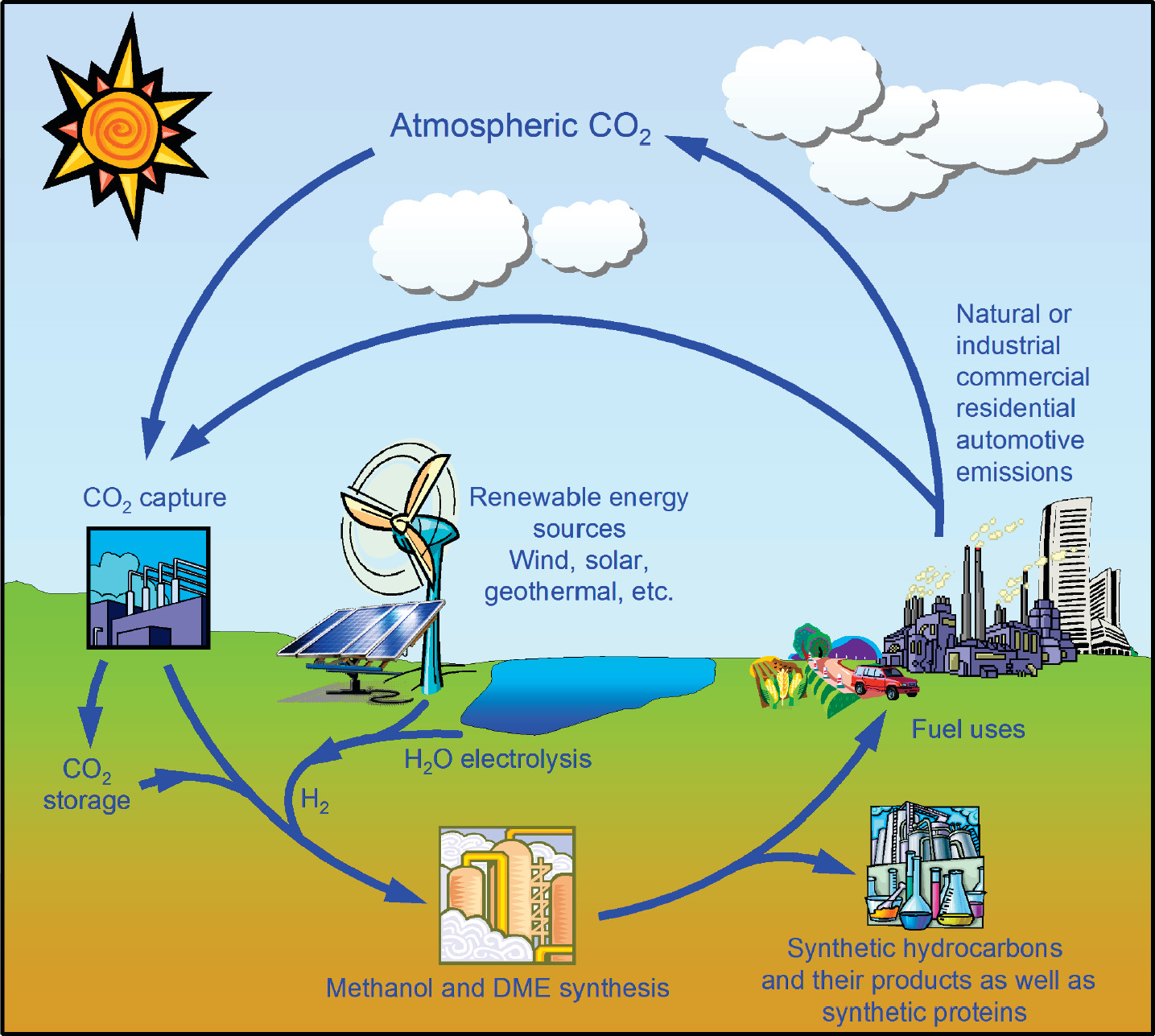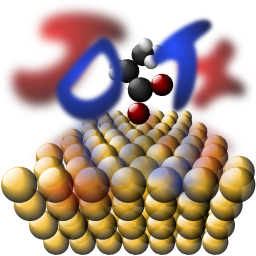Assistant Professor
Dr. Alherz received his B.S., M.S., and Ph.D. in Chemical Engineering from the University of Colorado Boulder, under the supervision of Prof. Charles B. Musgrave.
My research is focused on designing functional materials for a variety of applications in sustainability and clean energy:
Homogeneous Catalysis: Designing molecular catalysts and understanding reaction mechanisms for crucial chemical transformations, including CO2 reduction (CO2R), hydrogen evolution (HER), and oxygen reduction (ORR).
Heterogeneous Catalysis: Discovering and optimizing solid-state catalysts and surfaces for the same key reactions (CO2R, HER, ORR), with an emphasis on stability and efficiency.
Energy Storage & Conversion: Computationally screening and designing novel materials for advanced battery technologies and for the safe and efficient storage of hydrogen (H2).
Carbon Capture: Engineering advanced materials and processes for the selective and low-energy capture of CO2 from industrial sources and the atmosphere.

Our research program is dedicated to confronting one of the 21st century’s most pressing challenges: the transition from a fossil fuel-based economy to a sustainable and secure energy future. We believe this transition requires a two-pronged approach.
First, we must address our existing carbon footprint by developing a circular carbon economy. Our goal is to shift the paradigm from treating CO₂ as a waste product to utilizing it as a valuable C1 feedstock. We develop technologies to capture carbon dioxide and catalytically convert it back into fuels and chemicals, effectively closing the carbon loop.
Second, the successful integration of intermittent renewable sources like solar and wind hinges on our ability to store energy efficiently and affordably. To ensure a stable and reliable grid, we need robust energy storage solutions. Our work in this area focuses on designing next-generation battery materials and developing novel systems for high-density hydrogen storage.
The Alherz Lab tackles both fronts of this grand challenge. We use advanced computational modeling to design the fundamental materials required for a resilient and fully decarbonized energy system.

We operate at the interface of quantum chemistry, materials science, and data science to accelerate the discovery of next-generation materials for energy applications. Our methodology is built on a multi-scale modeling framework:
We use Density Functional Theory (DFT) to build an atomic-level understanding of surface chemistry, ionic transport, reaction pathways, and material properties.
These quantum-mechanical insights are integrated into microkinetic models to simulate real-world performance and identify bottlenecks, whether in a catalytic cycle or a battery’s charge-discharge process.
We also leverage machine learning and neural networks to rapidly screen vast chemical spaces and predict key material properties, drastically reducing the time required for discovery.




This integrated computational toolkit allows us to tackle complex problems across the energy landscape, from designing selective molecular catalysts to engineering high-capacity energy storage materials, and to rationally design them from first principles.
Our research is highly collaborative and enriched by strong international partnerships with leading experimental and computational groups around the world:
Dr. Oana Luca, University of Colorado Boulder
Dr. Brady Worrell, University of Denver
Dr. Charles G. Dismukes, Rutgers University
Dr. Mahak Dhiman, CSIR-Indian Institute of Petroleum
We are actively seeking motivated M.S. and Ph.D. students and Research Assistants to join our group!
If you are passionate about using computational chemistry and data science to solve real-world energy and environmental problems, please connect with me. Email me to discuss research projects and academic advising/mentorship opportunities.


